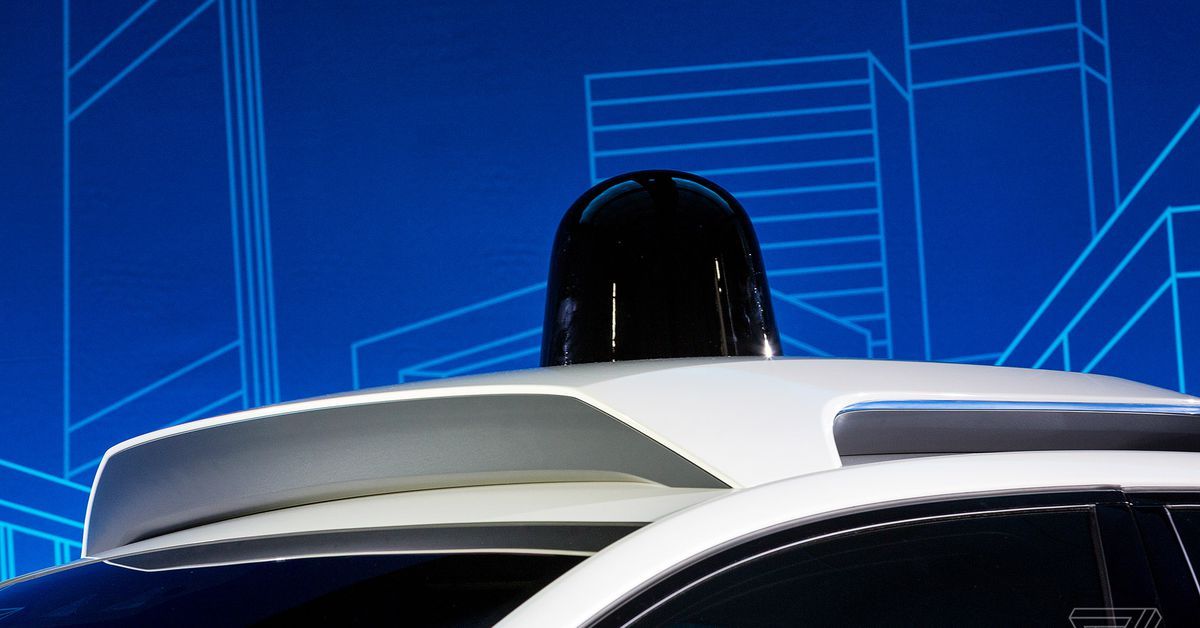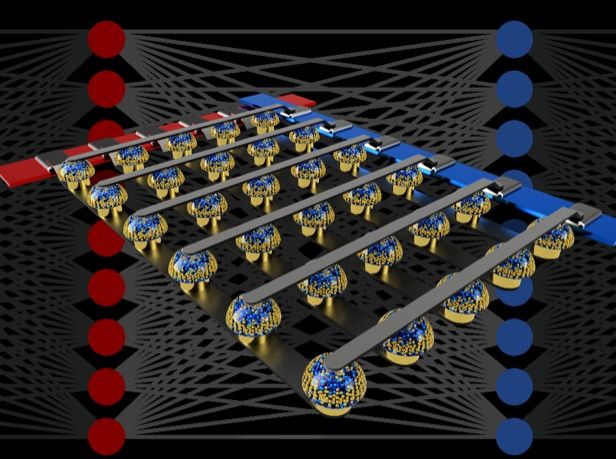Driverless vehicles could eliminate millions of jobs in the future, from cabbies to truckers to food delivery workers. But the companies that are hoping to hasten the adoption of this disruptive technology don’t want to seem callous to this brewing labor crisis, so they are joining forces to study the “human impact” of robot cars.
The Partnership for Transportation Innovation and Opportunity (PTIO) is a newly formed group comprised of most of the major companies that are building and testing on self-driving cars. This includes legacy automakers like Ford, Toyota, and Daimler; tech giants like Waymo (née Google), Uber, and Lyft; and logistics providers like FedEx and the American Trucking Association. The new organization is being formed as a 501©(6), which allows it to accept donations like a nonprofit and lobby government like a chamber of commerce.







